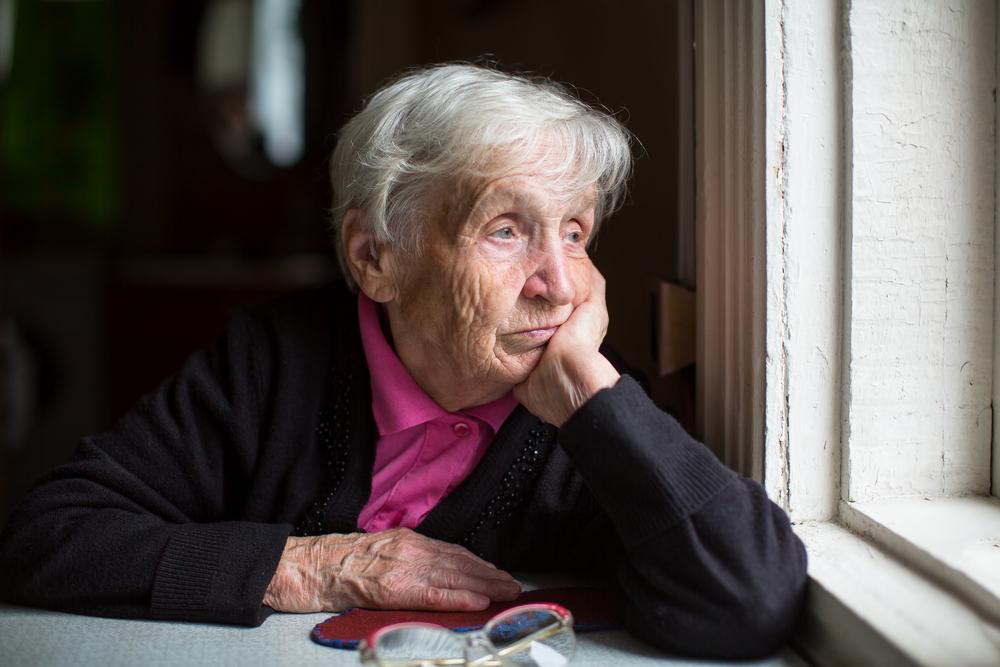Depression and Suicide in Old Age: What You Need to Know
With an increased life expectancy and a high standard of living, the number of people in the elderly age group is drastically increasing. Unfortunately, the society is not yet ready to handle this explosion. With the increased nuclearisation of families, the number of elders isolated and left lonely in this world is also increasing. The very social media that was supposed to connect us is keeping us apart. This has led to an increased number of cases of depression and suicide in the elderly.

When we grow old, we become increasingly emotional dependent on the people around us. The real problem for the elderly lies in meeting these emotional needs.
What happens when emotional needs are not met?
Humans are emotional beings. When these emotional needs are unmet, we tend to feel bad. The loneliness and ruminating thoughts of being alone tend to affect us cognitively. This leads to mood swings. When the mood is low for a very long time, it ends up in depression. In addition to this, becoming dependent on other people makes us feel bad. All this amplifies into depression.
What’s the problem with depression in elderly?
Geriatric depression is something that is very less studied. There are not many studies that focus on depression in the elderly. This makes it difficult to create a problem or design a policy for the elderly people. Secondly, it is hard to detect depression in the elderly. Most of the time the elderly have a tough time in articulating their condition. They find it difficult to realize that they are depressed. They perceive it as a normal process of aging.
What happens when this depression is unaddressed for a long time?
Depression, when not treated for a long time, mostly end in suicide. This is the reason why suicide in the elderly is becoming increasingly prevalent. Most of the time, the elderly don’t know that they need to seek help. So when depression is too much to handle, the elderly lose all hope.
Is there a way out?
There are many ways to address this issue. Here are some of them:
- Sensitize children to understand the needs of their elderly parents or grandparents
- Sensitize the elderly to know when to seek help. They should understand what is normal and what is not. Most of the time the problem can be easily sorted out if the elderly seek help early
- Sensitize the society regarding the psychiatric morbidity of the elderly and how to address it early on itself
- Conduct regular screening camps for the elderly to detect depression and other related problems
- Integrate screening for depression in routine health care for the elderly
- Create helpline to address the mental needs of the elderly
- Train medical and paramedical professionals so that they can detect premorbid conditions in the elderly
How to detect if there are any chances of depression in the elderly?
The best way to find this out is to talk to the elderly person. While talking to the elderly, you need to look for clues like:
- The elderly person is being nihilistic
- The elderly person is talking without any hope
- The elderly person is losing interest in life
Sometimes, the elderly may tend to become isolated and be lost in their own world. They may even talk to themselves. They may imagine their long-dead parents coming and talking to them. They will stop meeting people, won’t respond properly, might remain silent for long hours, will be lost in deep thoughts for hours together, may sleep for long hours, or go sleepless for days. Their face might be dull, sad and sullen. All these point out to the possibility of depression and probability of suicide in the elderly.
What to do if there is an elderly person suffering from depression and you suspect he/she may be contemplating suicide?
If you suspect that someone is depressed and feel that he/she might be contemplating suicide, then you must take him/her go to a psychologist/psychiatrist. Counseling might help, and serious conditions will require medical support. On top of all this, lifestyle modifications, like engaging the elderly person in productive work will make him/her less depressed and bring down his/her intent for suicide.

